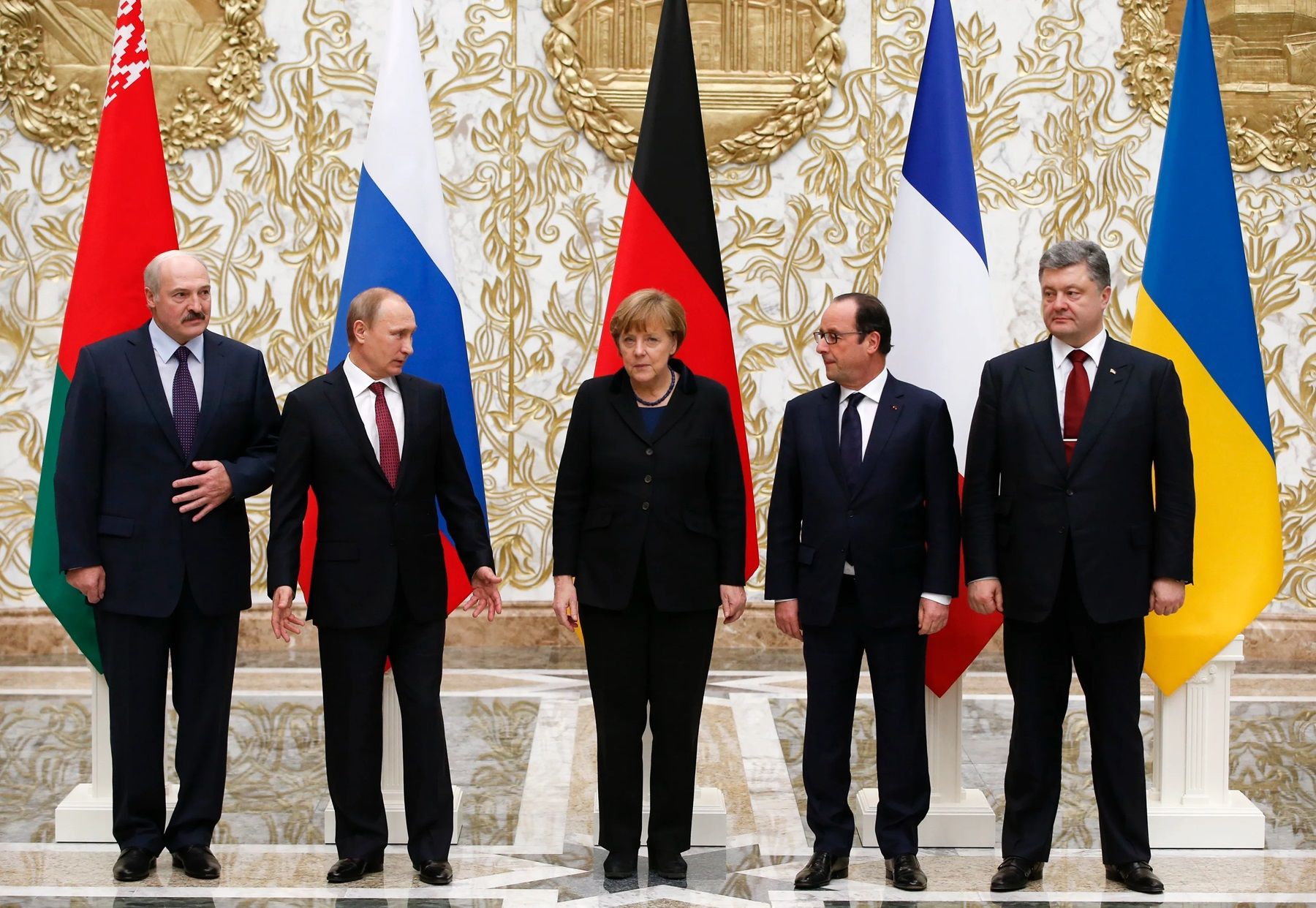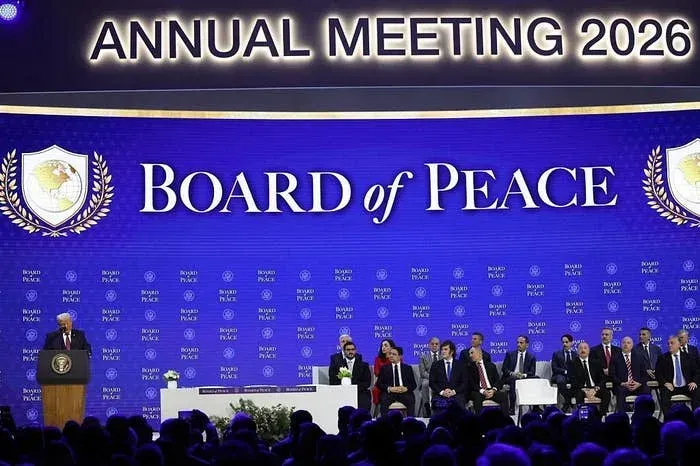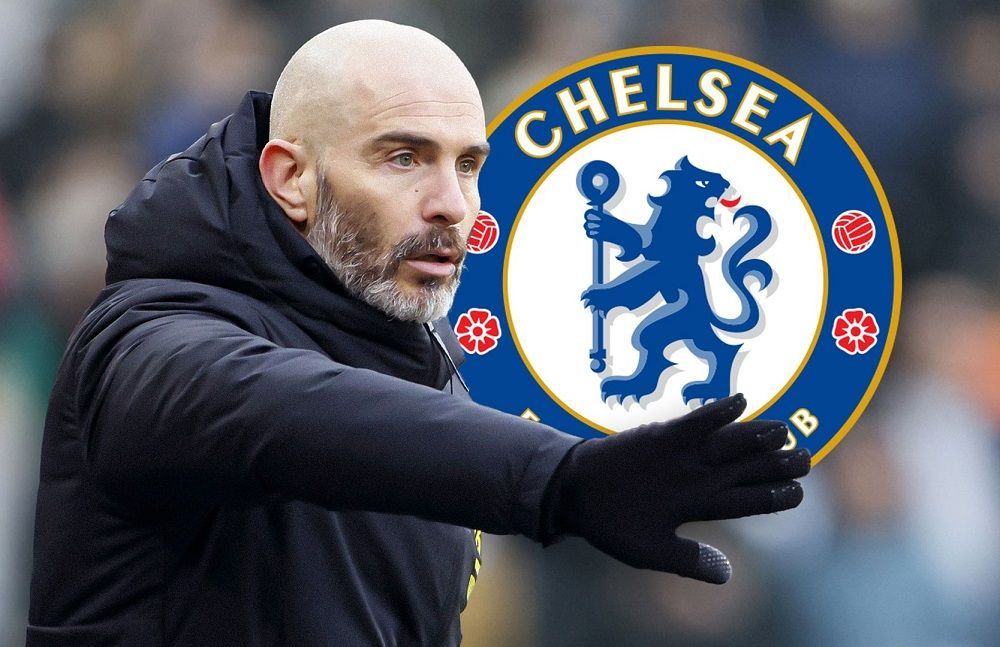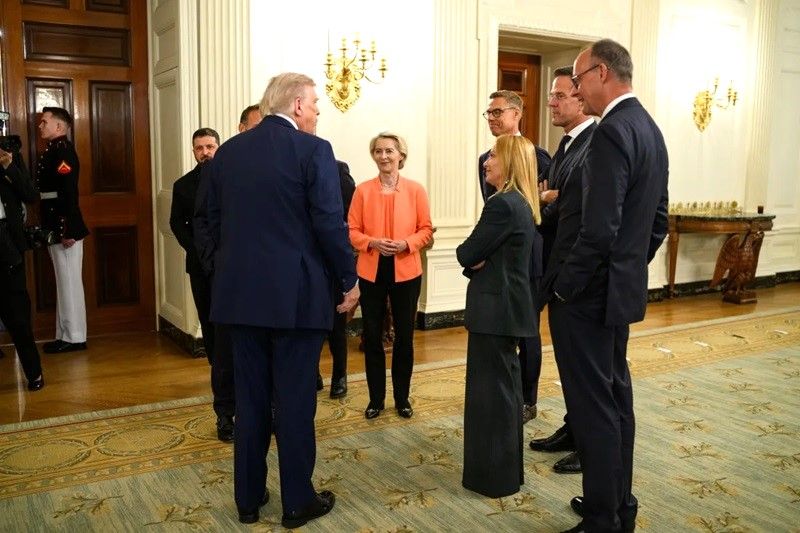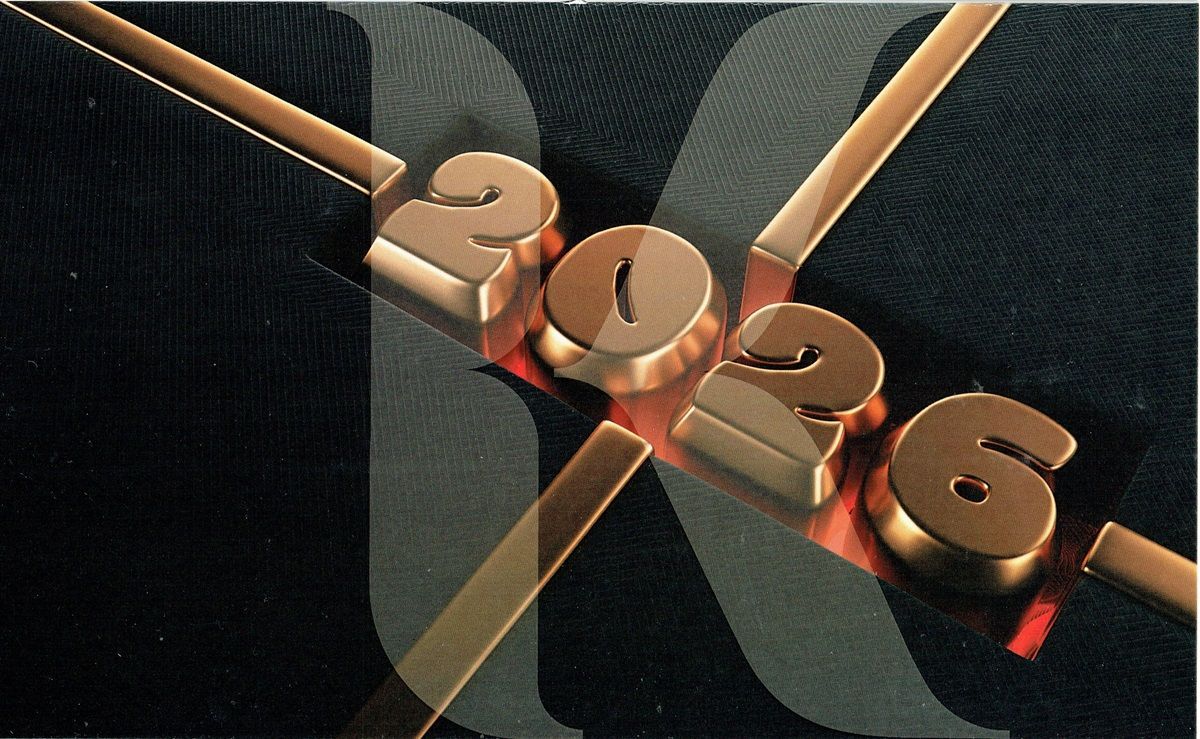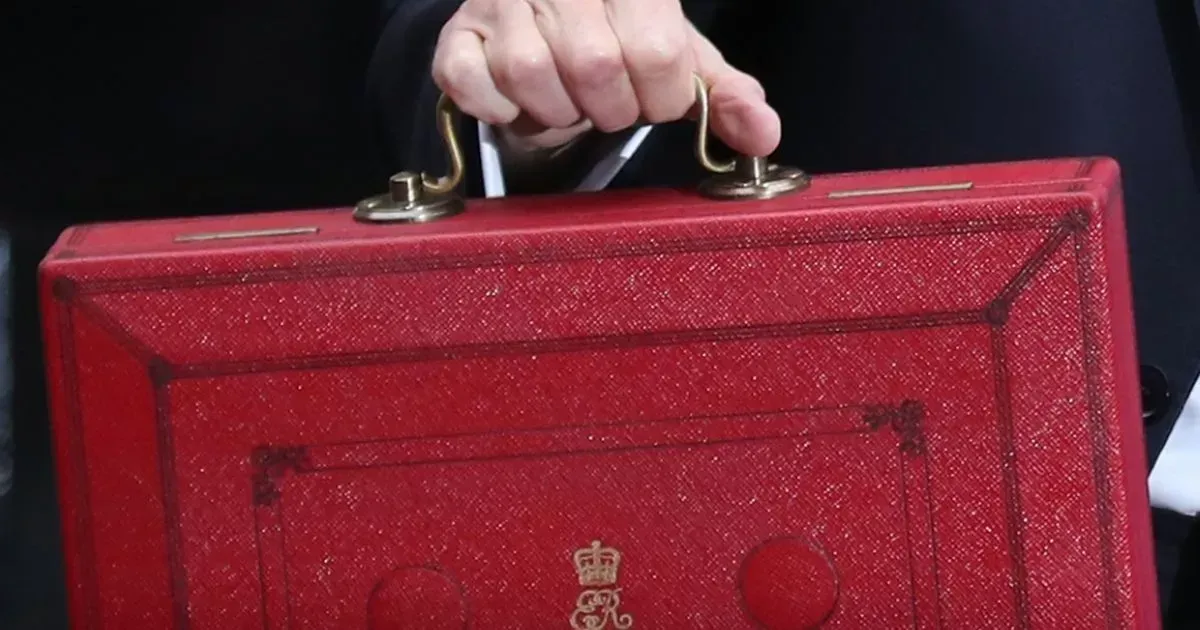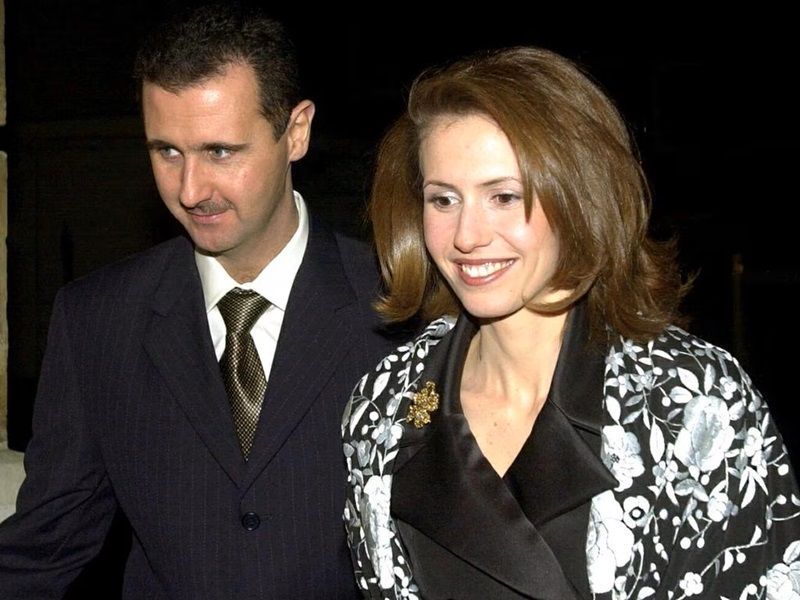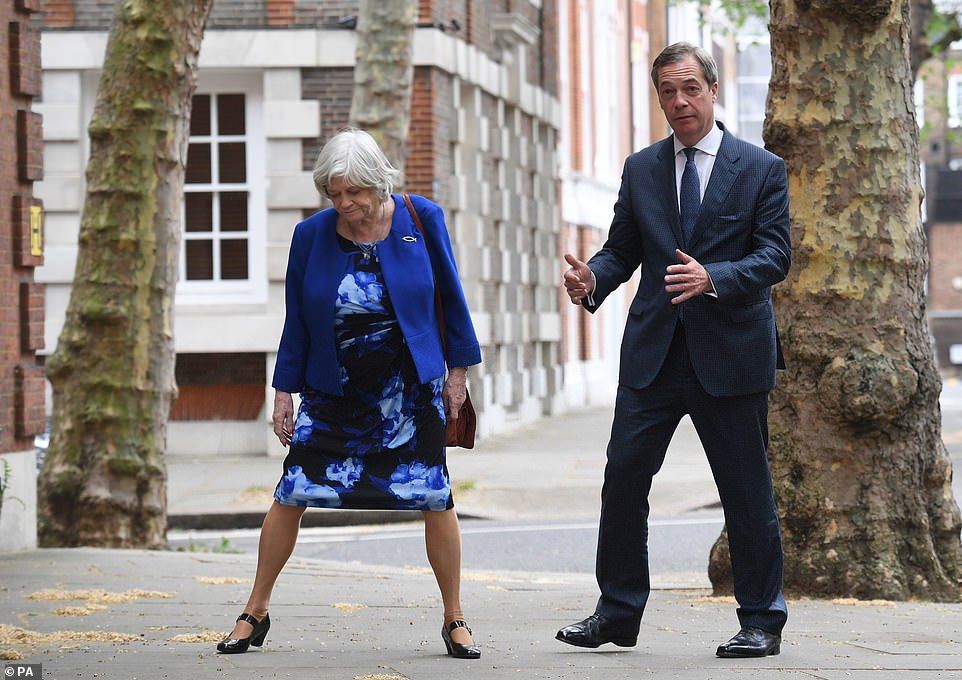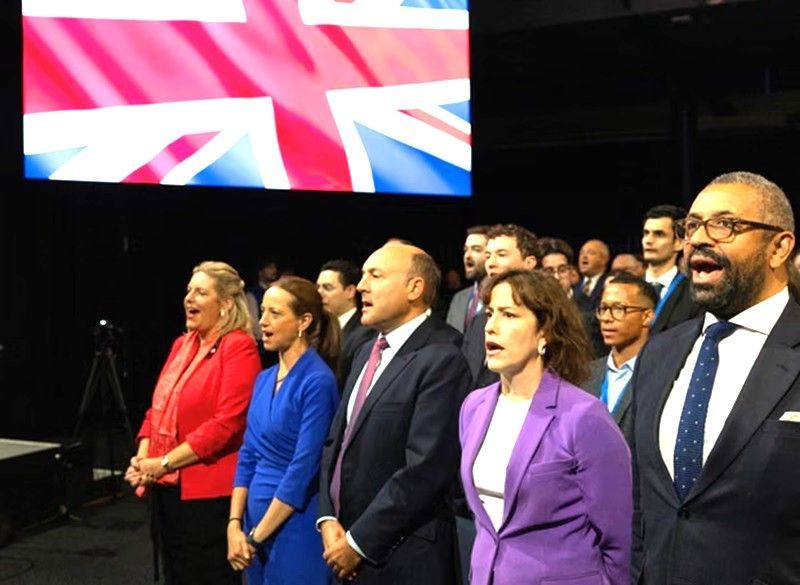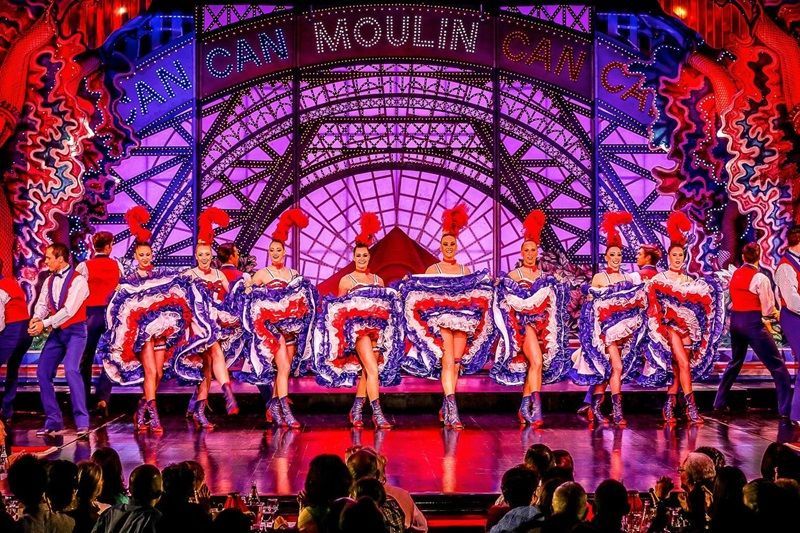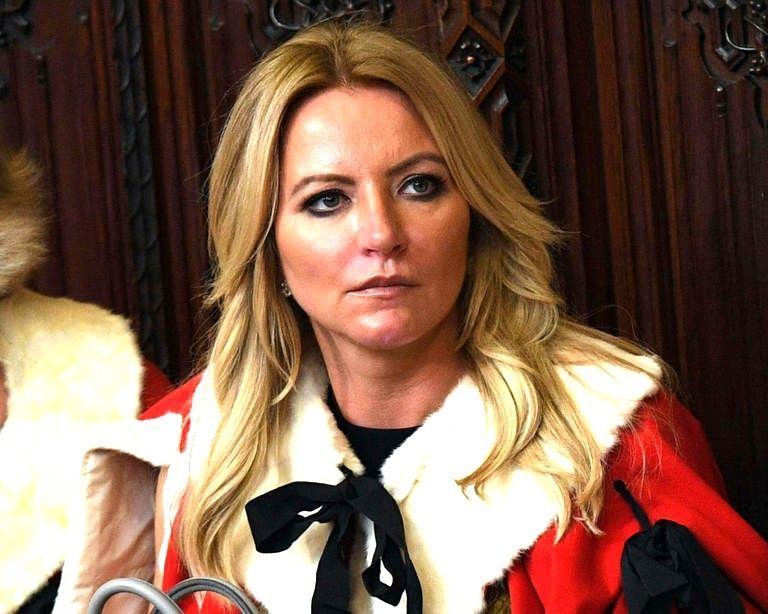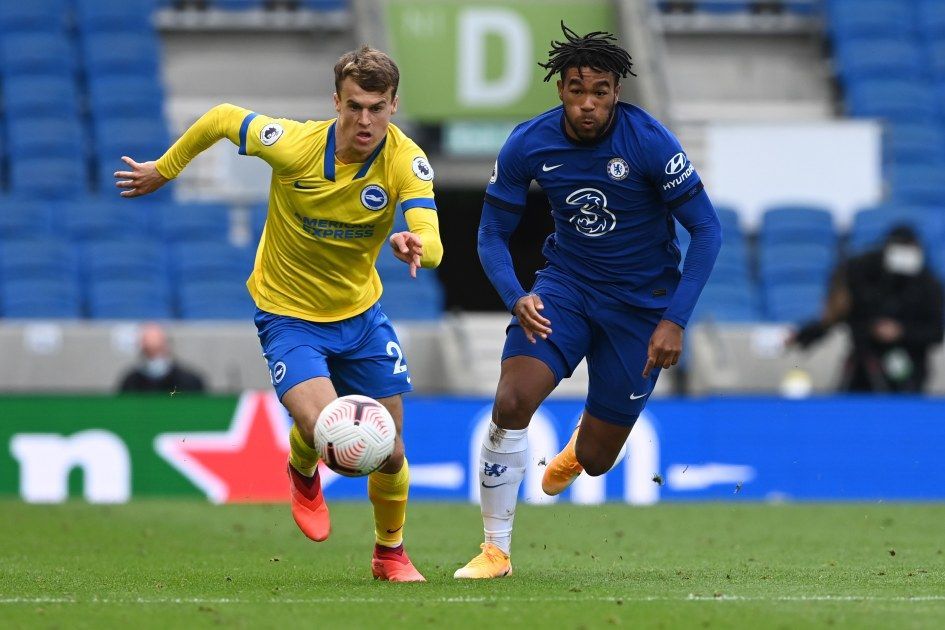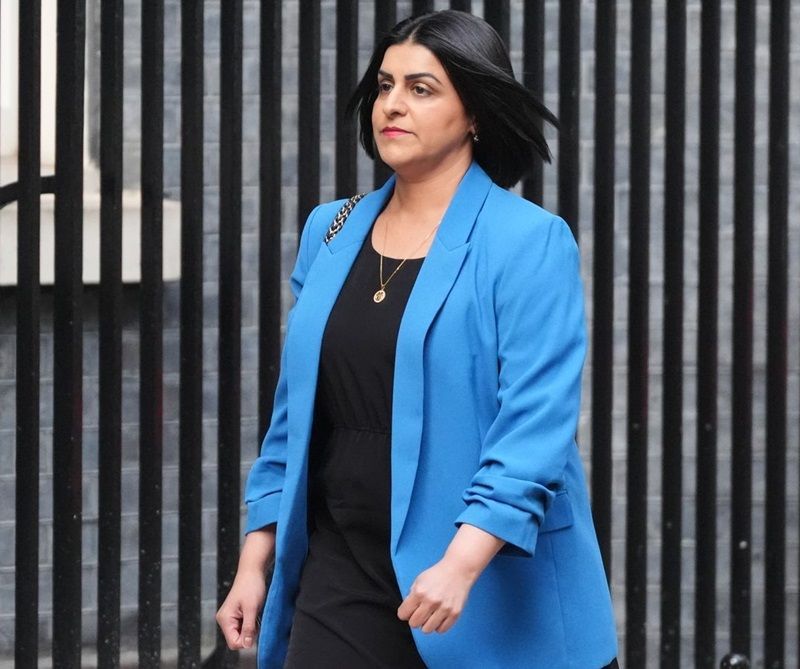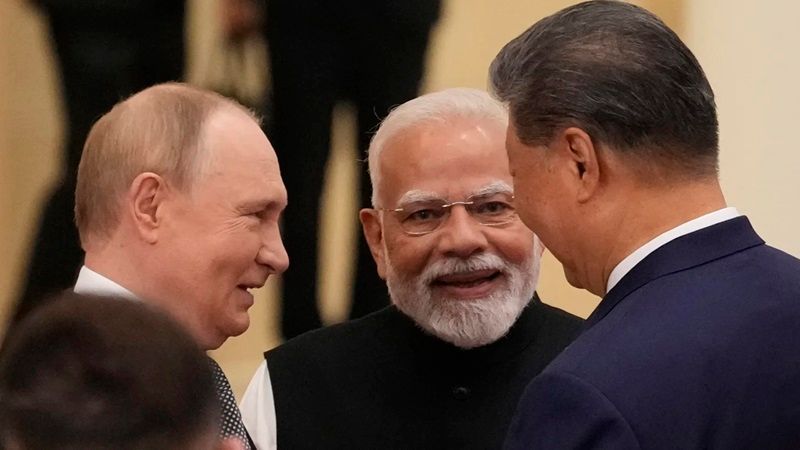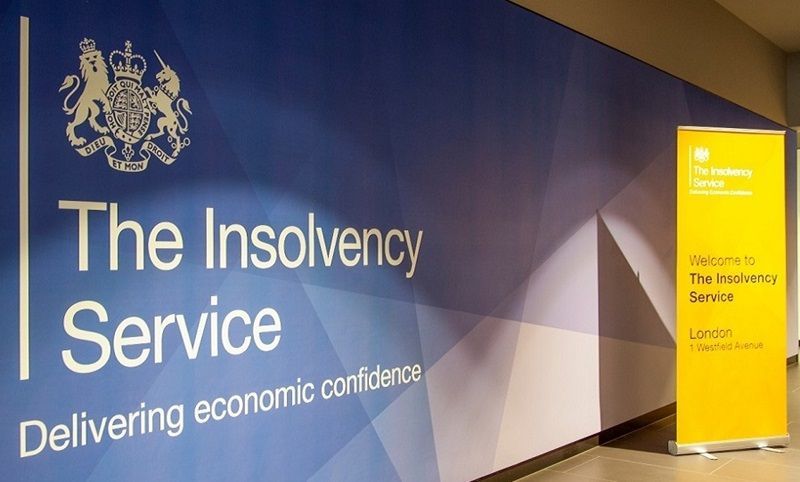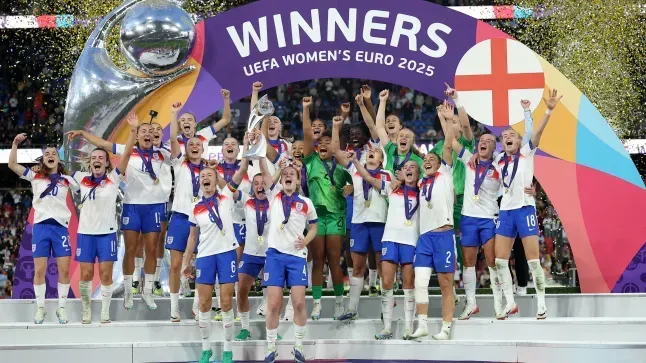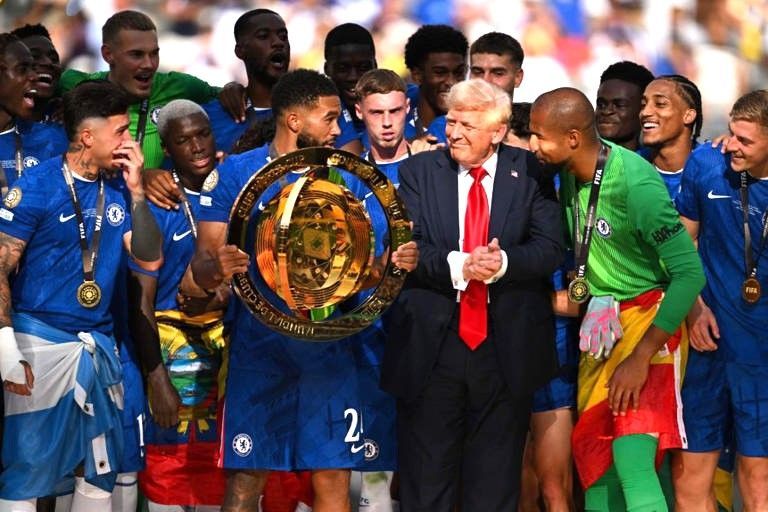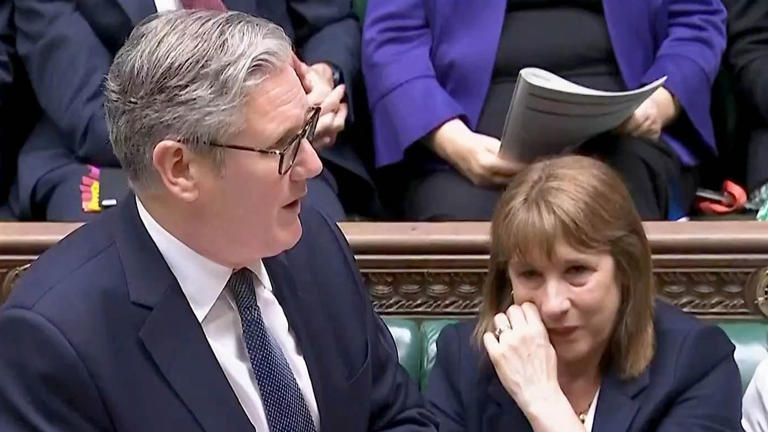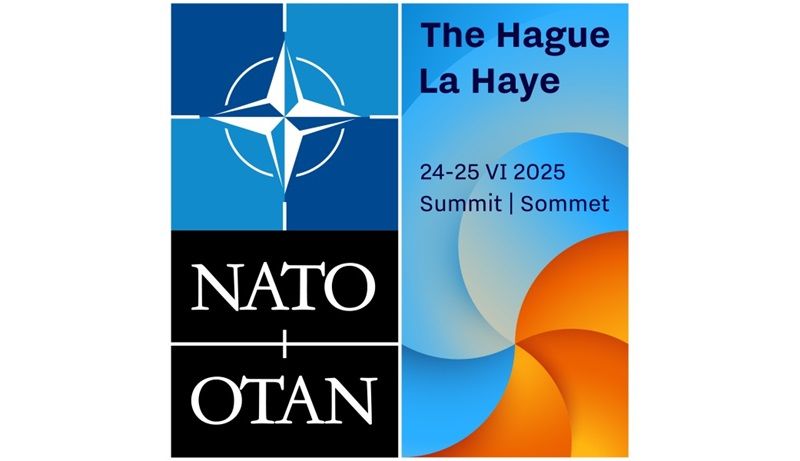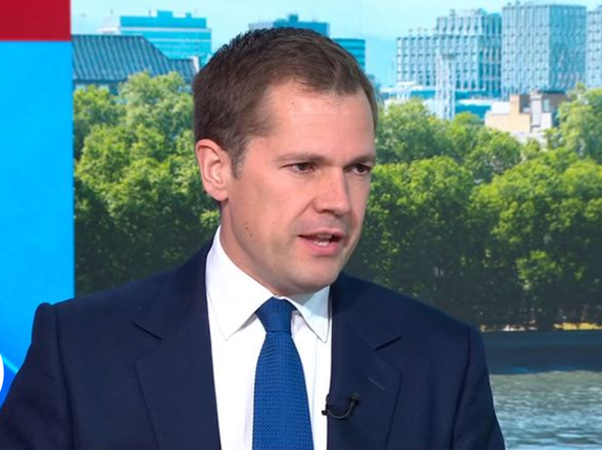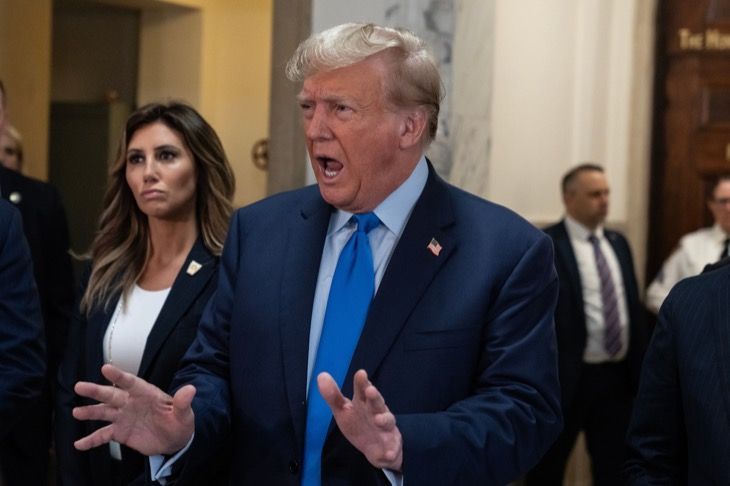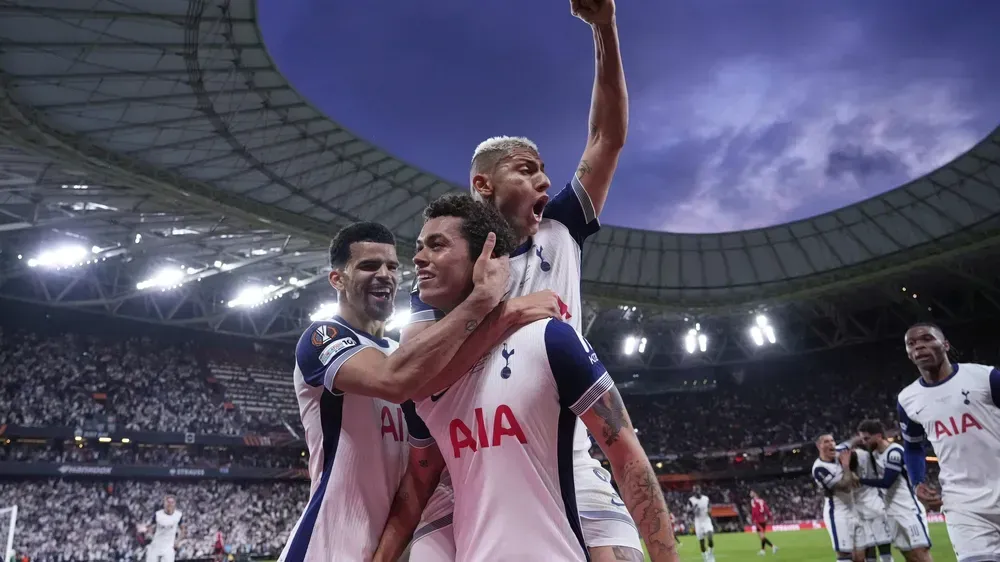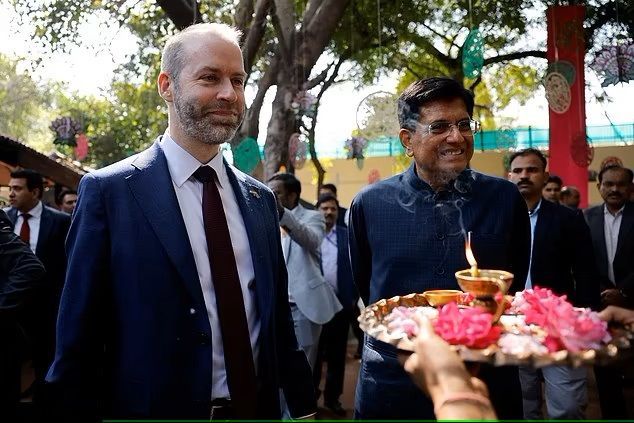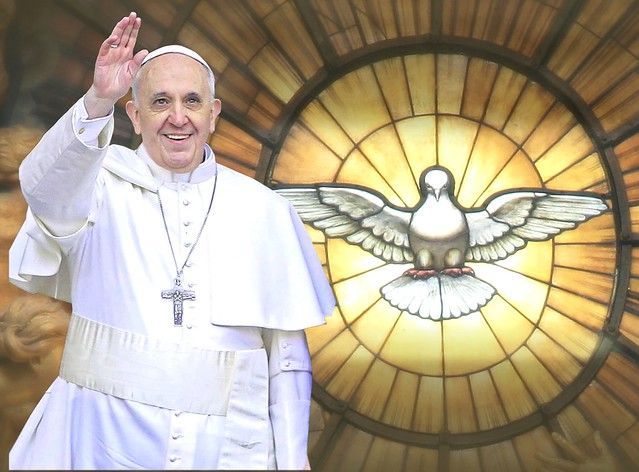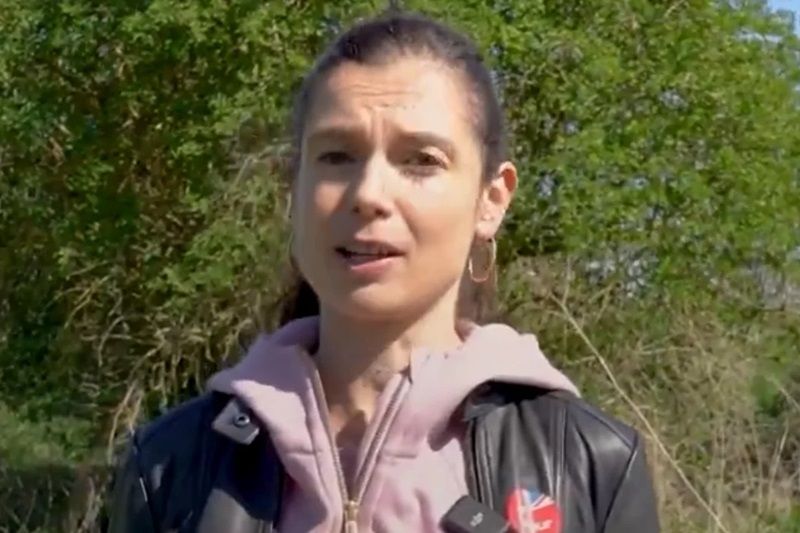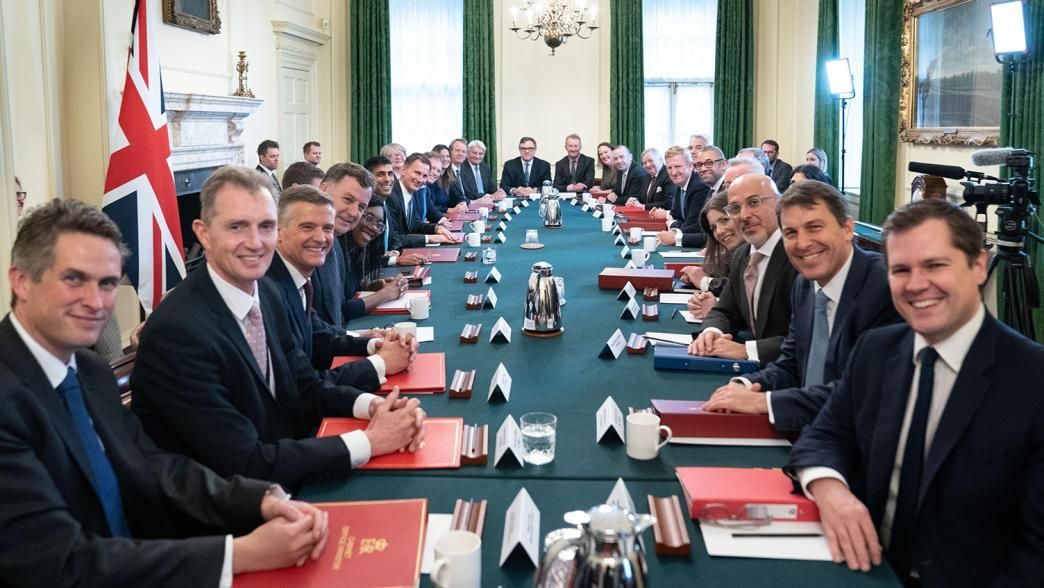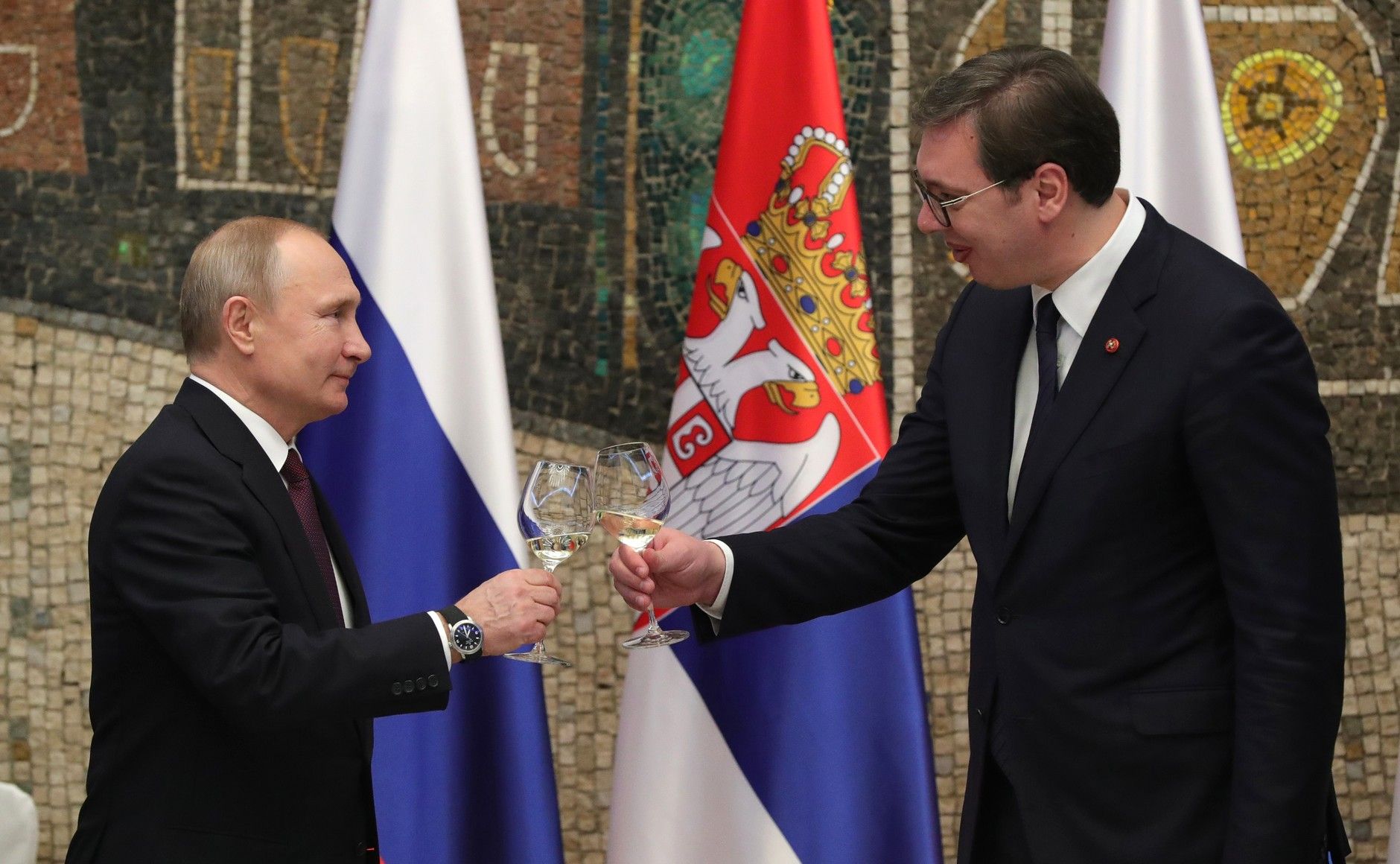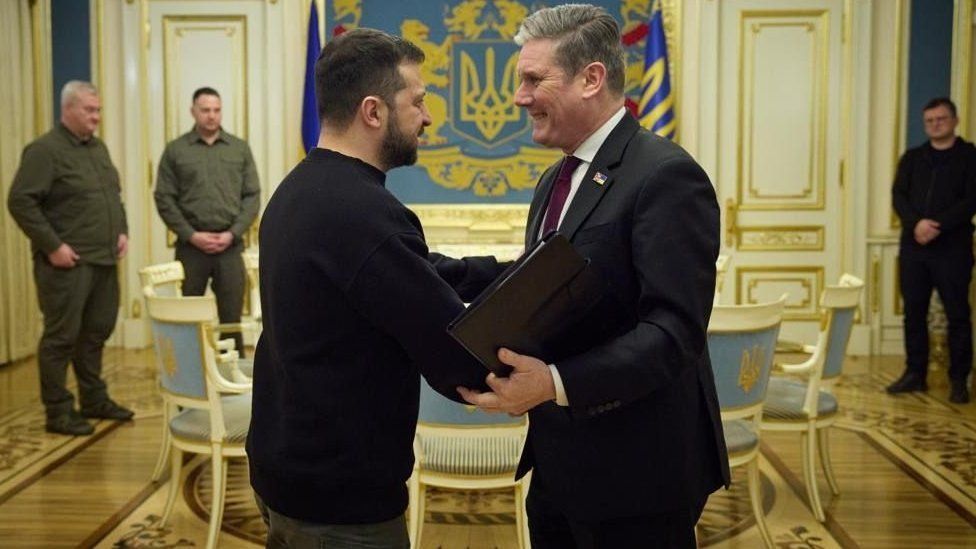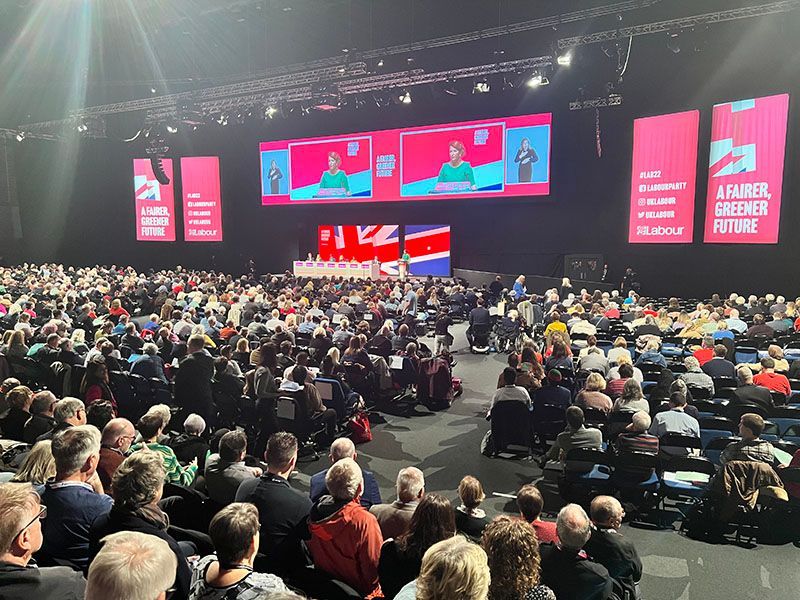IS THE LABOUR PARTY STILL THE PARTY OF LABOUR? THE RAYNER v UNITE ROW
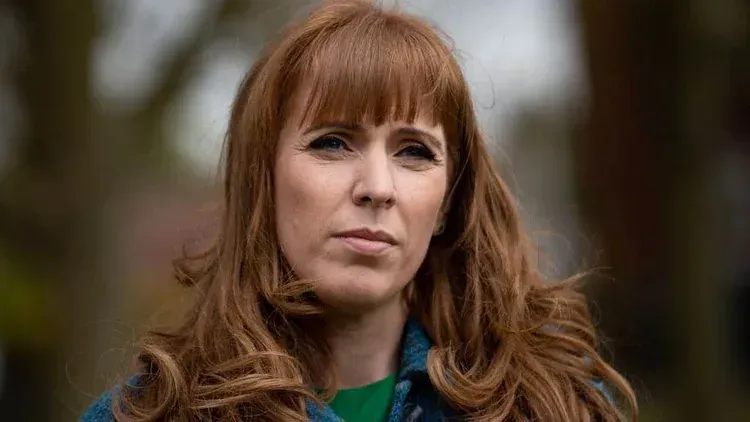
It’s hardly a throwback to the days when the General Secretary of the Transport and General Workers Union was one of the biggest beasts in the land, when the likes of Frank Cousins, Jack Jones and Ron Todd would speak and the Labour Party – and the country – would have to listen.
But the message on Friday from Sharon Graham, general secretary of Unite, the successor to the TGWU, was intended as a shot across the bows of the Labour Party. First, and least significantly, it was suspending deputy prime minister Angela Rayner for “bringing the union into disrepute”, having had the audacity to support Labour-run Birmingham City Council in its seemingly never-ending dispute with bin men.
Of more consequence was the union’s vote at its annual conference to “discuss our relationship with Labour” – a discussion in the same fashion as when the Kray brothers would discuss their relationship with other gangland bosses. Destroy, in other words.
Severing the relationship between Labour and its union funders has been a perennial of politics for decades. Sometimes it’s used as a threat, as now, by a union which feels it’s not getting value for money from its creature. Other times, as in the heyday of New Labour, it comes from party thinkers as a demonstration of how Labour is no longer the creature of the unions.
Labour has itself changed its relationship with the unions, most importantly when it introduced One Member, One Vote (OMOV) in 1993 under John Smith, which removed the union block vote in leadership elections and candidate selections and then by Ed Miliband abolishing the old electoral college in 2014, handing the leadership to Jeremy Corbyn.
But while there has been no formal severing of the link between the unions and Labour, many individual unions have stopped affiliating to the party. Today there are just eleven which still affiliate: rail union ASLEF, general union Community, the Communication Workers Union, the Fire Brigades Union, general union the GMB, the Musicians Union, the National Union of Mineworkers, transport union TSSA, public sector union Unison, Unite and the shopworkers’ union USDAW.
For decades Labour was effectively bought and paid for by the unions, which were the party’s only significant source of funding. That led to the old tensions when the party didn’t act as its paymasters demanded. Things are very different today, with consequently different tensions.
Labour’s income in 2023 was £21.5 million, of which just £5.9 million came from unions. £14.5 million came from companies and individuals. That’s a pattern. In 2020 and 2021 unions gave £6.9 million, in 2022 it was £5.3 million, while funding from businesses and individual donations have risen from £2.3 million in 2020 to £3 million in 2021, £7.6 million in 2022 and nearly £14 million in 2023.
Of that £14m, £10m was from four individuals, Gary Lubner (£4.6 million), David Sainsbury (£3.1 million), Fran Perrin (£1 million – Perrin is David Sainsbury’s daughter) and eco-activist Dale Vince’ Ecotricity (£1m). In other words, two people gave Labour more money than all trade unions combined.
This tells its own political story about how Labour is no longer the party of labour. The 2019 Conservative red wall success was built on this, just as the current support for Reform is in part based on voters who would once have seen Labour as their natural party.
But instead of funding the party, unions have moved to individual MPs.
In 2023 212 Labour MPs and received more than £2m in donations and support. And of those unions, Unite provided by far the most money, totalling £553,900 given to 86 MPs. So Labour MPs still need their union funding – as does the party itself. It may now be a fraction of the levels of old, but £5.9 million is a huge sum the party will not have if unions take their money elsewhere.
Sharon Graham may not be Frank Cousins, but she has her own cards to play.
Unite The Union Has Cancelled Angela Rayner's Membership. The Only Snag Is She Did It First
Unite has voted to suspend Angela Rayner from the union – even though she gave up her membership months ago.
Members decided to take the extraordinary step in protest at the deputy prime minister’s stance on the long-running strike by bin collectors in Birmingham.
The move comes after Unite members debated a motion at their conference in Brighton, where they condemned the Labour-run council in Birmingham, and the government, for their approach to the bin workers.
Unite general secretary Sharon Graham said: “Unite is crystal clear it will call out bad employers regardless of the colour of their rosette.
“Angela Rayner has had every opportunity to intervene and resolve this dispute but has instead backed a rogue council that has peddled lies and smeared its workers fighting huge pay cuts.”
But HuffPost UK has learned that Rayner resigned her membership of the union earlier this year, making it impossible for her to be suspended.
A Downing Street spokesman said the government’s priority throughout the dispute had “always” been Birmingham’s residents.
“As you know, Unite’s industrial action caused disruption to waste collection,” the spokesman said.
We have worked intensively with the council to tackle the backlog and clean up the streets for the residents for public health.
“We remain in close contact with the council and continue to monitor the situation as we support its recovery and transformation
“I think it’s important to look back to the context of this dispute: Unite is in dispute against Birmingham City Council’s decision to reform unfair staff structures, which were a major cause of unequal pay claims and left the council liable to hundreds of millions of pounds in claims, and that was a key factor cited in the council section 114 notice in 2023, declaring bankruptcy.”
